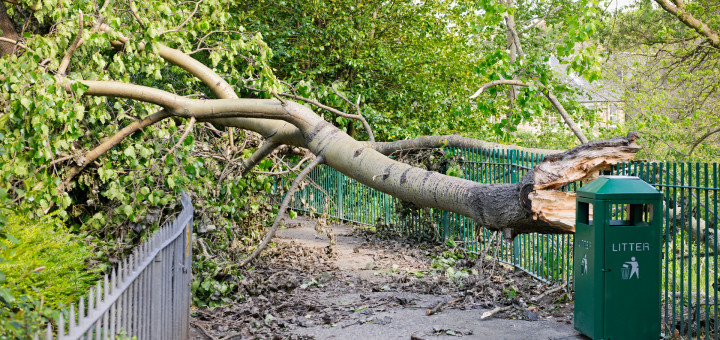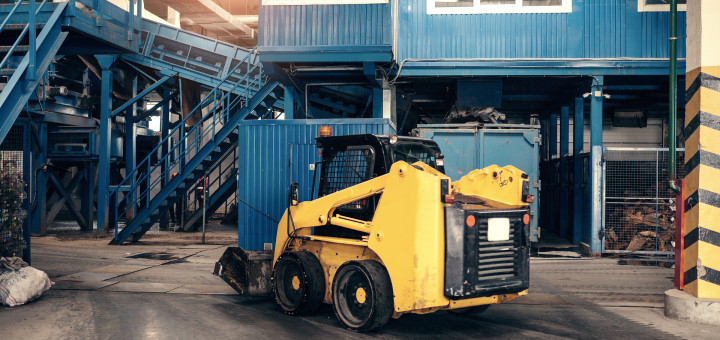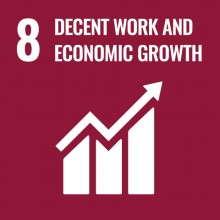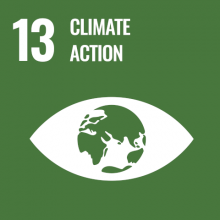
Resource efficiency
Rapidly growing human population overconsumes natural resources, and overconsumption is the root cause of major environmental problems such as climate change and biodiversity loss. To prevent these problems, natural resources need to be used more efficiently by moving from a linear economy model towards a circular economy.
Cities have a significant role in advancing the transition to resource-efficient policies and circular economy. City administrations can set an example of sustainable consumption in many sectors for example through their procurement activities. Resource-efficient cities make sure that they decouple their social and economic development from resource exploitation and ecological impacts. Resource-efficient cities, having transitioned from linear to circular economy facilitate technological innovation, create new sustainable opportunities for the economy and the job markets and help to promote health and wellbeing for their citizens.
Circular economy is one of the core topics followed through the Green City Accord movement, which encourages the acceleration of implementing relevant EU environmental laws. UBC has a supporter status in the Green City Accord and encourages its member cities to join the initiative. One of five core topics for the UBC Sustainability Action Programme 2030 is developing resource-efficient cities.













